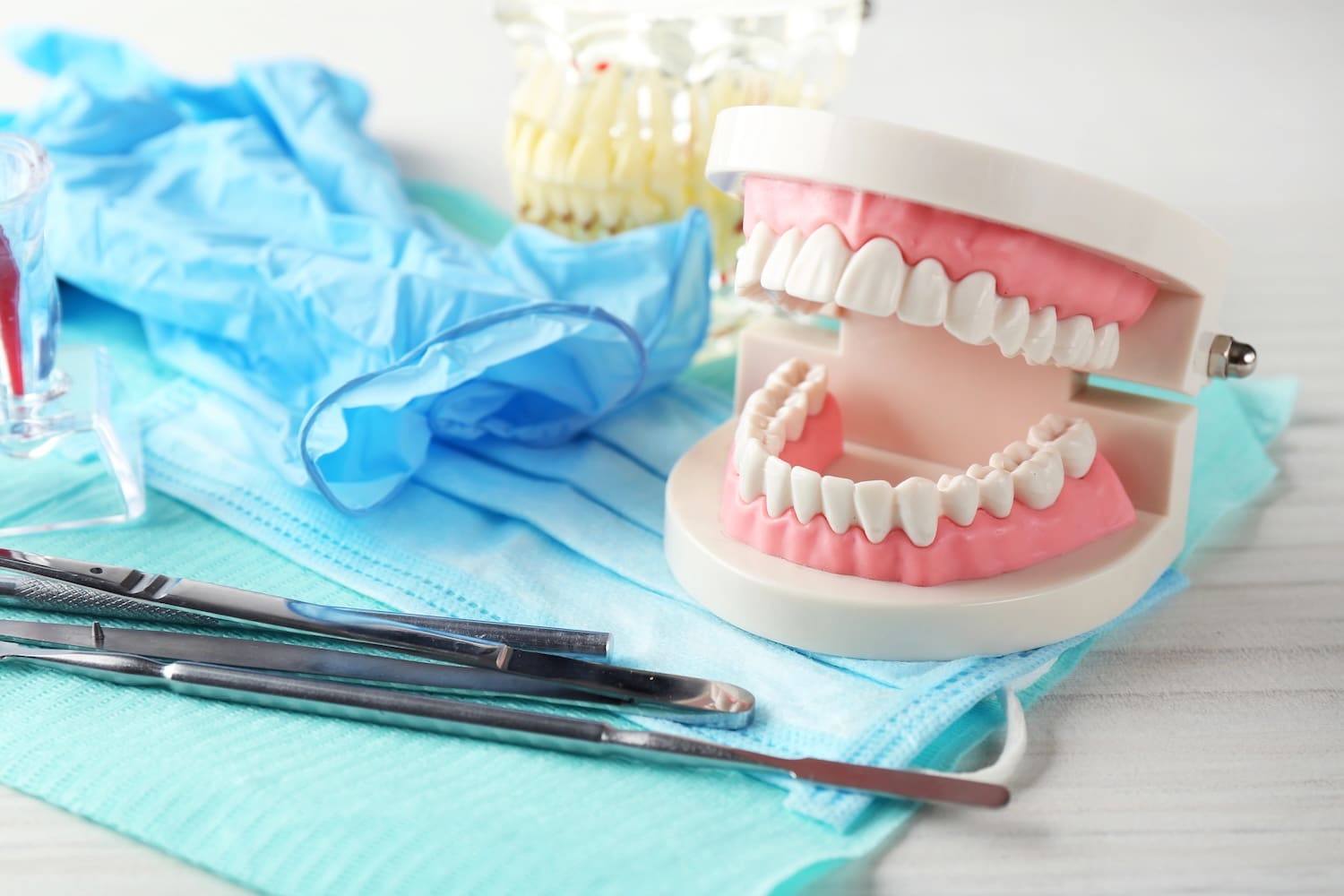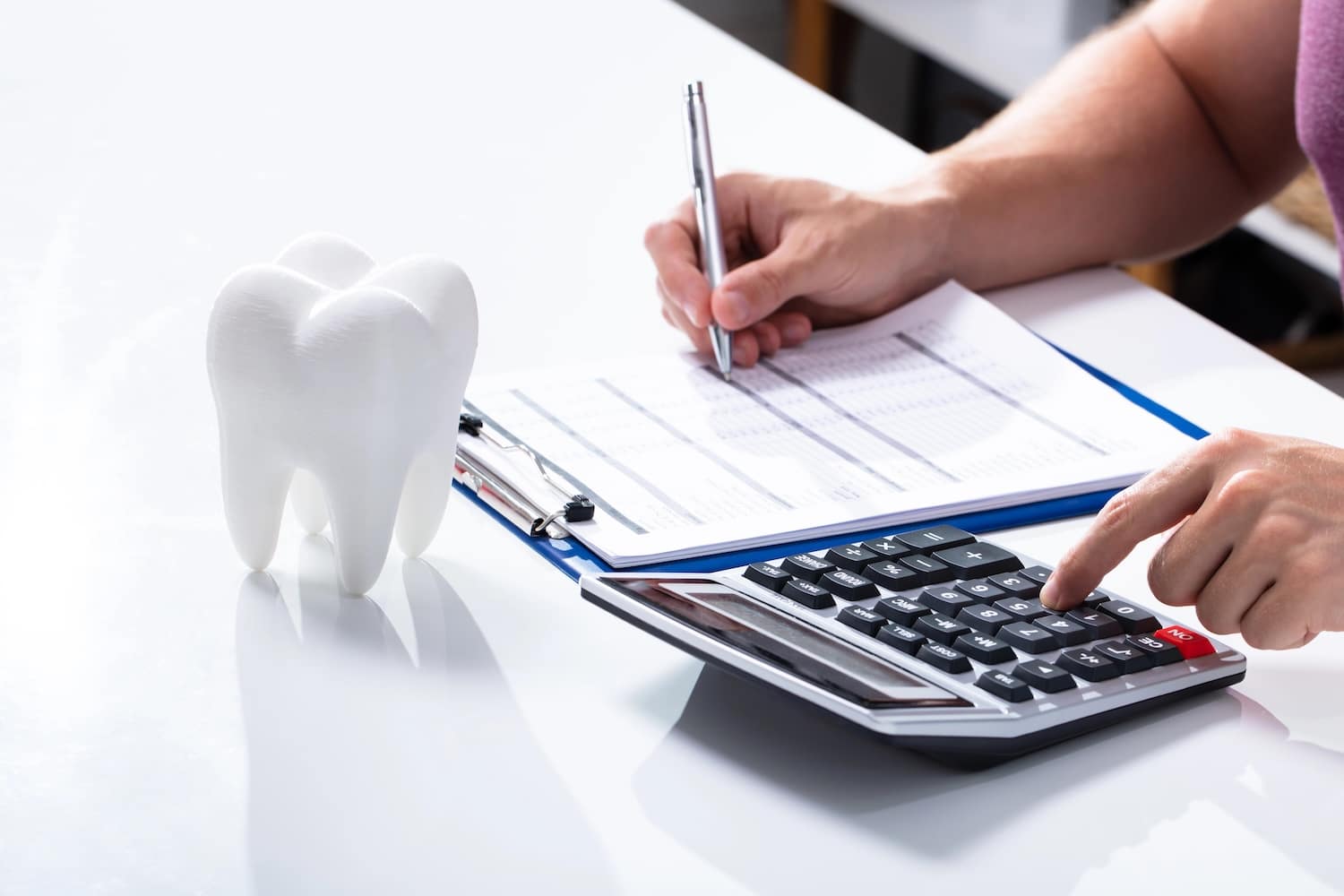If there’s one thing everyone can count on in life, it’s taxes. Businesses aren’t immune to the responsibility – if anything, they face an extra burdensome process. Riddled with forms, rules, exceptions, deductions, and of course, risk, springtime financial review isn’t something you want to go alone. Look no further than the following guide on tax planning and compliance for dental practices as this year’s deadline nears. In it, we unpack the unique challenges dentists face and how to structure your practice to maximize tax efficiency without raising red flags with the CRA.
Table of Contents
ToggleWhat Makes Tax Planning and Compliance for Dental Practices Unique?
Almost every adult who’s earned income in Canada should be familiar with basic personal taxes, the work that comes with filing them, and the consequences of failing to do so in a timely manner. But business entities have a unique set of responsibilities. Viewed differently under the law, incorporated and registered organizations are expected to fill out their own special form called a T2 Corporation Income Tax Return. It may only need to be submitted alongside other standard documents once a year or filed in consideration of quarterly reporting requirements.
The challenge of compliance across all industries is that every case is indeed specific. For instance, a corporation bringing in less than $500,000 annually might qualify for the small business deduction, while dental practices with multiple associates or specialists may face entirely different tax implications. Even the physical setup of your operatories can impact depreciation schedules and capital cost allowances. The timing of equipment purchases, whether you lease or own your clinic space, and how you structure compensation for yourself and associates all create a tax puzzle as intricate as a root canal procedure.
The Criticality of Compliance for Dental Practices
Dropping the ball when it comes to tax planning and compliance for dental practices is again just as consequential as doing so with personal taxes. Only in this case, the stakes are much higher. Dental business owners have both their own and their employees’ income to consider alongside that of the greater business. Severe repercussions extend far beyond financial penalties for everyone and everything.
What Happens When Dental Practices Don’t Meet Tax Compliance Requirements?
Dental practices operate within a highly regulated healthcare environment where professional standing matters more than anything. Tax issues trigger investigations that can spill over to affect it; with jeopardized licensing and accreditation come ripple effects touching everything from one’s ability to secure favorable insurance terms to relationships with dental suppliers and credit arrangements.
Why You Want to Avoid Audits
The CRA doesn’t view professional corporations with the same leniency it might extend to individual taxpayers. Audits of dental practices are particularly thorough. Those faced with the process can expect an in-depth examination of everything from billing practices to staff classification. As for consequences for non-compliance, penalties can quickly escalate into five-figure sums. There’s the potential for interest charges that compound daily and reputational damage as well.

Tax Planning and Compliance for Dental Practices: 3 Tips to Use This Spring
Tax planning and compliance for dental practices will never not be complicated. But it can be much easier to manage. As this year’s deadline draws closer, consider trying these three tips:
1. Structure Your Business Practice Appropriately
Dental practice business structure has huge implications for tax filing. Professional corporations often come with advantages like income splitting opportunities with family members and potential access to the small business deduction. But like all routes, this option requires careful planning and documentation. The CRA has requirements regarding reasonable compensation and legitimate business purposes for business activities of every kind.
Remember that what worked optimally five years ago may no longer be the most tax-efficient approach under today’s rules, especially as your practice grows or your personal financial situation evolves. We recommend reviewing your practice structure annually with tax advisors to make sure it makes sense for the circumstances at hand.
2. Think Equipment Purchases Through
Dental equipment is just like any other business investment in that it can be leveraged for tax advantages. Timing these purchases strategically can maximize current-year write-offs through capital cost allowance provisions. The federal government occasionally introduces accelerated depreciation measures that allow for greater immediate deductions. Leasing might provide more consistent tax deductions compared to purchasing outright, especially when technology obsolescence is a concern. For instance, digital imaging equipment is likely to qualify for different deductions than durable furniture or fixtures.
3. Put Proactive Record-Keeping Systems Into Place
The foundation of successful tax compliance lies in proactive, meticulous documentation. Every practice can benefit by categorizing expenses properly from the outset rather than scrambling at tax time. Digital tools – or even better, quarterly reviews with an accountant – reduce stress during tax season while empowering you to identify deduction opportunities that might otherwise be missed in a last-minute rush.

Tax Planning and Compliance for Dental Practices Made Simple
Tax planning and compliance for dental practices is a job in and of itself, and it’s best left to experts who have experience in it. The Dental Tax accountants possess just that, and are backed by resources you won’t be able to access anywhere else. Our clients benefit from end-to-end service supporting everything from initial practice setup and incorporation to ongoing compliance monitoring and audit defense.
An investment in professional tax services pays for itself through identified savings opportunities and risk mitigation. Experience that ROI first hand with Dental Tax. Contact us today.
Adam has an MBA from the Richard Ivey School of Business in London and also holds a Chartered Investment Manager designation.
- 2026 Tax Changes Affecting Canadian Dentists - January 5, 2026
- Financial Metrics Every Dental Practice Should Track - December 22, 2025
- Buying vs. Starting a Dental Practice: Financial Comparison - December 11, 2025




